EU agrees to cut gas consumption as Russia squeezes supply
European Union (EU) members have agreed to reduce gas consumption as a European energy crisis deepens with Russia's latest decision to tighten the squeeze on the flow of gas to the continent.
EU energy ministers approved the plan in a majority vote in Brussels on Tuesday. Hungary was the only country that voted against the plan, which asks member states to voluntarily reduce gas use by 15 percent based on a five-year average, from August to March.
"In an effort to increase EU security of energy supply, member states today reached a political agreement on a voluntary reduction of natural gas demand by 15 percent this winter," the European Council said in a statement.
"The Council regulation also foresees the possibility to trigger a 'Union alert' on security of supply, in which case the gas demand reduction would become mandatory," the statement added.
An energy crisis in Europe caused by Russia's previous decisions to cut the flow of gas supplies to the continent deepened after Russian energy giant Gazprom said on Wednesday it would further cut flows through the Nord Stream 1 pipeline to Germany to a fifth of capacity. Gazprom said the curtailment was due to the fact that a turbine needed to operate Nord Stream 1 that was sent to Canada for repairs could not be returned because of sanctions.
Brussels fears Russia will completely cut off supplies in retaliation for the West's unprecedented sanctions on the country over the Russian military offensive against Ukraine.
The Council once again accused Russia of "continuously using energy supplies as a weapon." EU Energy Chief Kadri Simson called the move by Gazprom "politically motivated." Czech Industry Minister Jozef Sikela, whose country holds the rotating EU presidency, accused Russian President Vladimir Putin of "misusing and blackmailing gas supplies."
News of the latest reduction in the Russian supply has driven gas prices even higher, adding to the cost of filling storage while creating incentives to use less.
The decision by Gazprom prompted Germany — which relied on Russia for 55% of its natural gas — to raise the alarm level to alert (the second out of three warning levels) and to prepare for worse to come.
Russia supplied 40% of EU gas needs before the war in Ukraine.
Russian President Vladimir Putin has previously warned that the West's sanctions will backfire.
Tehran Stock Exchange index hits historic high
3 civilians injured by Israeli fire during incursion into Syria’s Quneitra
Iran’s wheat imports at $424 mln in Apr-Oct: IRICA
Most captives killed by Israeli strikes in Gaza, says former commander
Gaza docudrama 'The Voice of Hind Rajab' nominated for Golden Globe
‘Beyond absurd’: Israel extends ban on foreign media in Gaza
Hamas rules out 2nd phase of Gaza ceasefire while Israeli violations continue
VIDEO | Press TV's news headlines


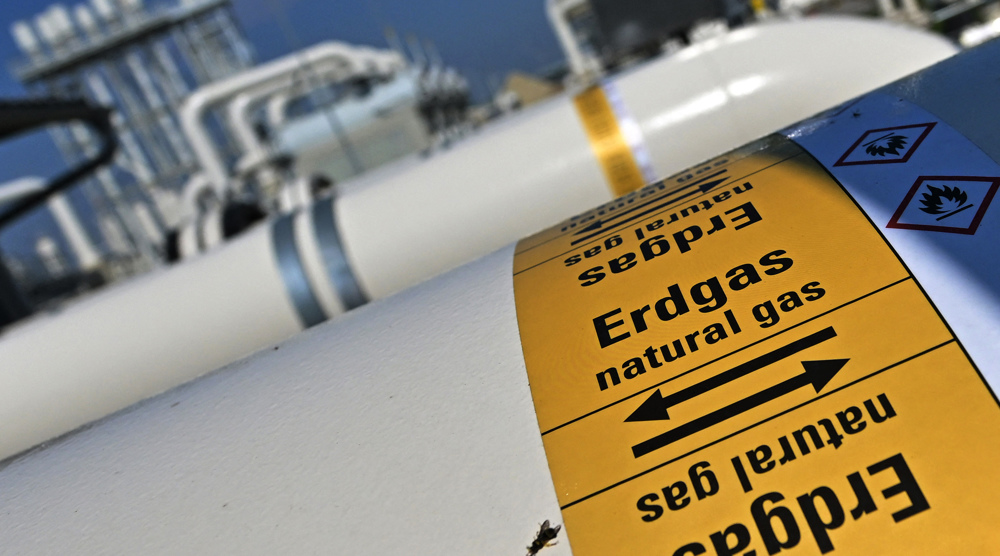
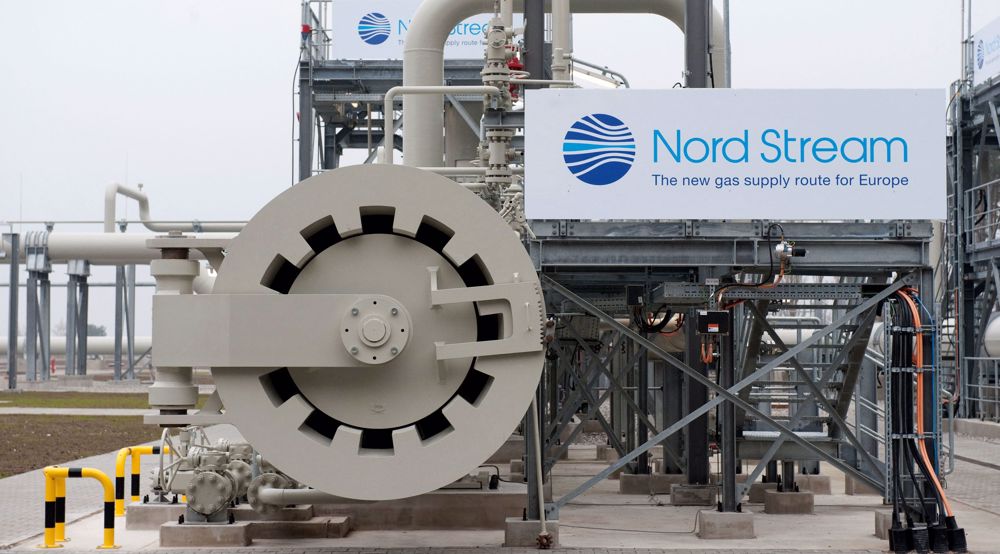
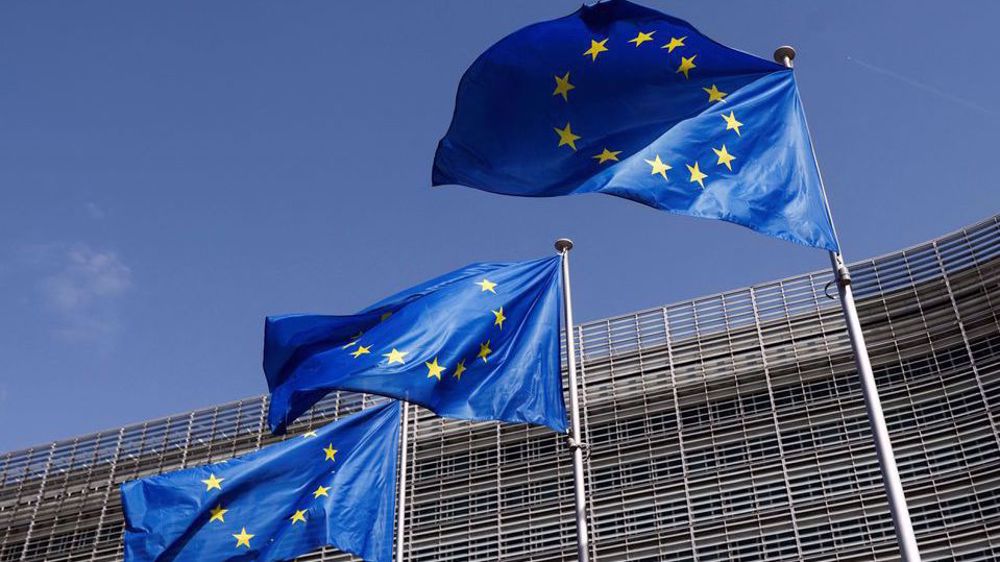
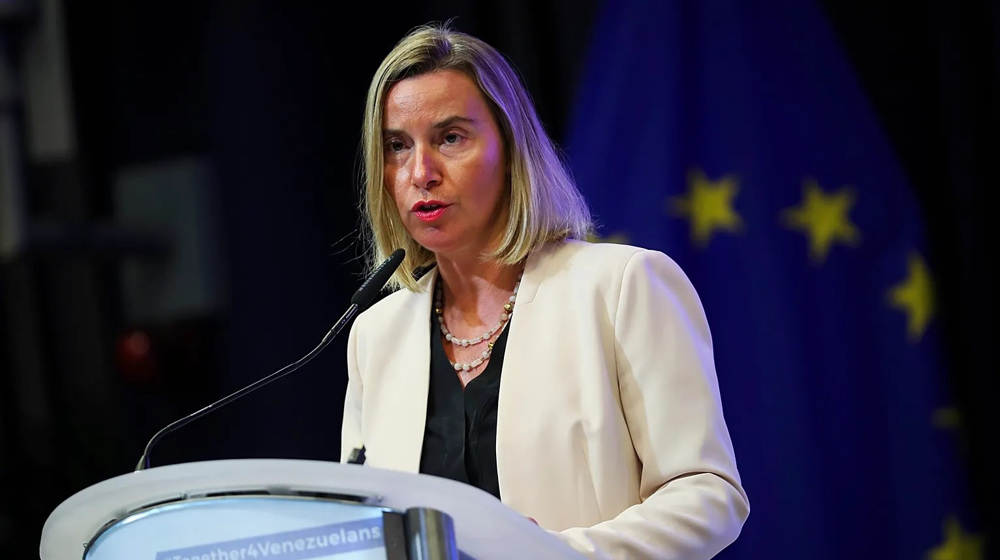
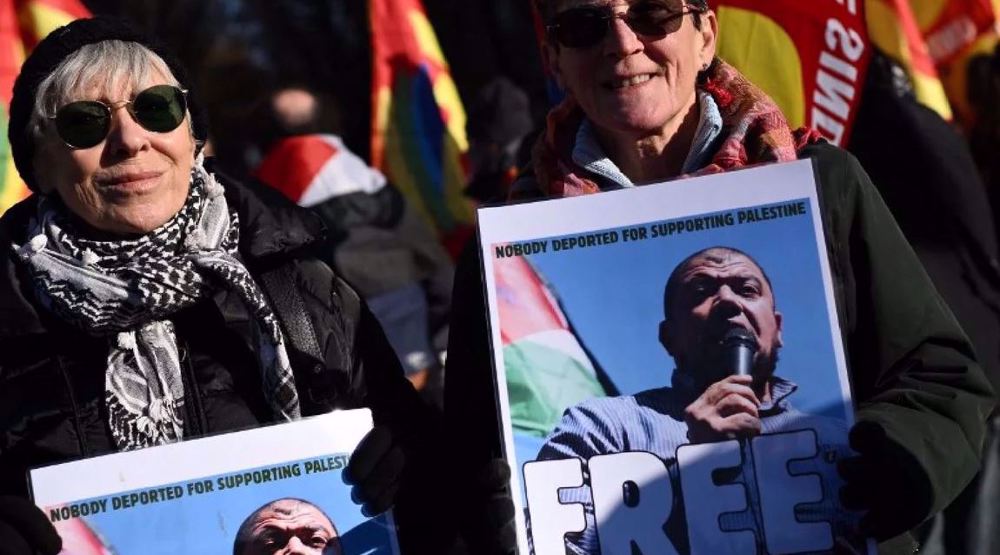
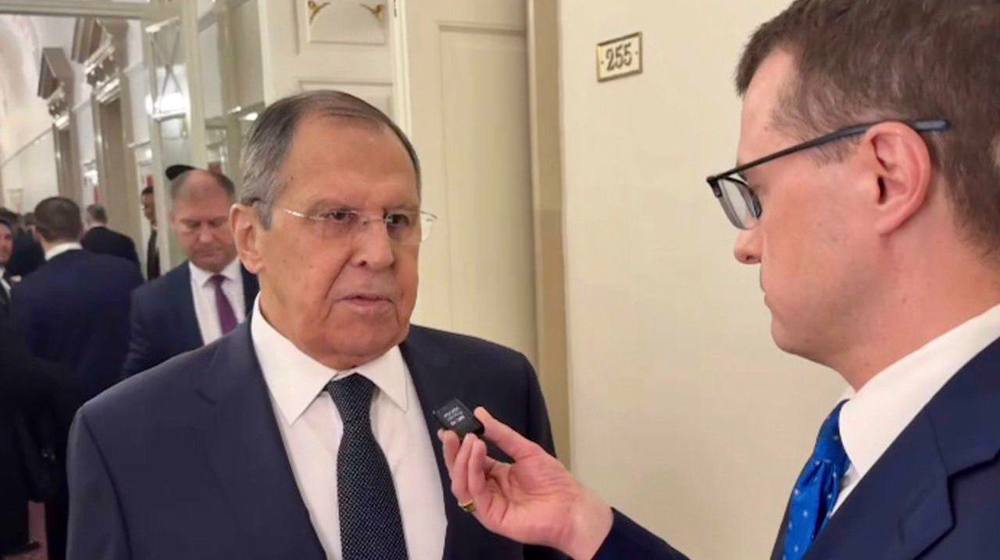



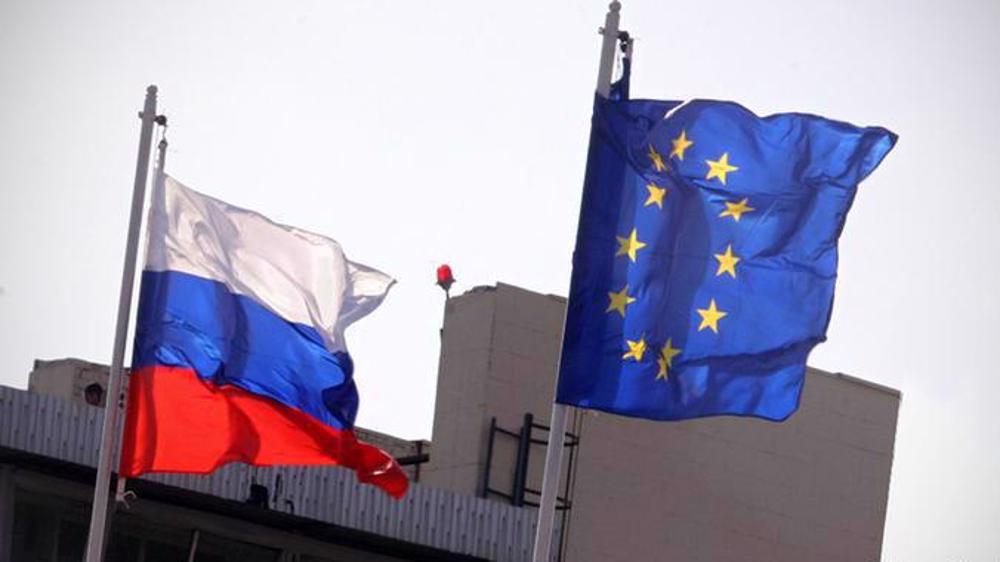
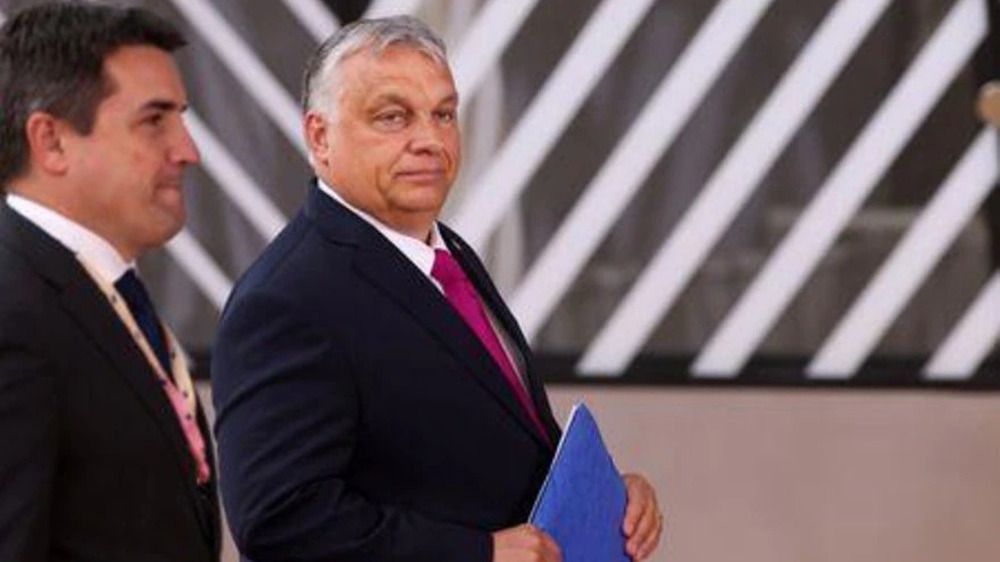

 This makes it easy to access the Press TV website
This makes it easy to access the Press TV website